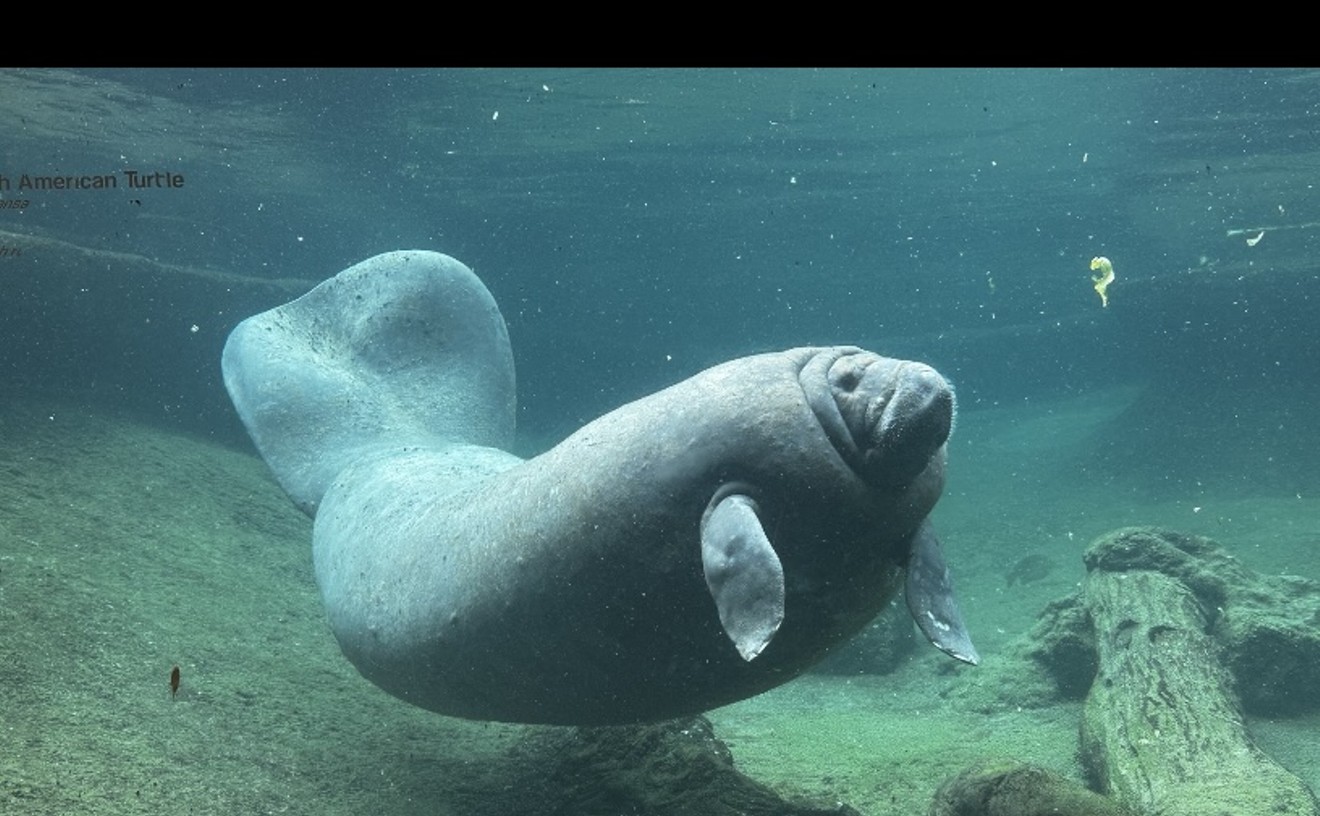In our two-part series on the end of the embargo and the Cuban cigar industry, we profile two Miami-based tabacaleros: José Padrón, a legendary cigar maker who has survived bombings and civil wars, and Pepe Montagne, another exile who has battled the Cuban government for 13 years in American courts.
But the cigar maker who, more than any other, is redefining the industry is Hirochi Robaina. That's because he's the first Cuban to tour the U.S. while still growing tobacco for the Cuban government.
It's a strange and unprecedented situation -- one that even Robaina's supporters say comes close to violating the embargo.
See also: Part I: The End of the Embargo Could Kill Miami's Cuban Cigar Industry
Robaina, 39, declined to comment to New Times. He is the grandson of Alejandro Robaina, a famous Cuban cigar maker. Since the 1800s, the Robaina family has been producing tobacco in Pinar del Río for some of the world's best cigars. After the revolution, however, Alejandro Robaina was required to sell his harvests to the Cuban government.
When Alejandro passed away in 2010, the mantle passed to his grandson, Hirochi.
Cigar insiders expected the new leadership to bring changes. But few predicted the young Robaina would launch his own brand of cigars, let alone in the United States.
Last year, however, Robaina partnered with Coral Gables cigar company Cubanacan to craft a signature line of cigars called "HR" (for Hirochi Robaina). Because the stogies are made in Estelí, Nicaragua and not Cuba, they can be sold in the States without violating the embargo.
Last year, Hirochi obtained a five-year visa and began visiting cities in the U.S. to promote the stogies. He has visited Naples, Florida three times, including once last month. He returned to Cuba last week to harvest tobacco ahead of the Habanos Cigar Festival at the end of the month.
See also: Part II: As the Cuban Embargo Fizzles, the Battle for the Cigar Industry Smolders
To some in the industry, Robaina's new venture seems suspicious. Private businesses are still rare in Cuba, and in the coveted, government-controlled Cuban tobacco industry, such entrepreneurship is unprecedented. Some observers conclude that the Cuban government has backed Robaina's new brand -- which would run afoul of the embargo.
Others believe the Cuban government is using Robaina as a "marketing strategy" ahead of the embargo's end, according to Charlie Minato, an editor for the cigar blog Halfwheel.
By allowing Robaina to tour the United States and hawk his stogies, the regime builds its own brand for after the blockade.
"If the Cuban government did not like what Hirochi Robaina was doing, they would not let him come back into the country," Minato says.
But Colin Ganley, a former editor for Cigar Journal, says Robaina is no puppet. "Hirochi is very much a capitalist," he says, pointing to Robaina's brushes with Cuban police for selling his family's cigars on the black market. Rather, he says, Robaina has benefitted from broader changes that have allowed more Cubans to travel. "There is nothing the Cuban government can do about his traveling. He has a passport."
Perhaps the strangest part of Robaina's unprecedented publicity tour is that he's not getting paid -- at all.
At least according to his American business partners.
"He's a Cuban national so [paying him] is definitely not allowed," says Lawrence Miltenberger, Cubanacan's vice president of operations and marketing.
Miltenberger admits that there has been confusion and consternation over the collaboration with Robaina.
"It's kind of a tightrope," he says. "People who don't know will speculate. We've heard little stories and back channel rumoring. But the reception has generally been great."
Miltenberger is careful to point out that HR is a "a tribute brand" and does not belong to Hirochi.
"Hirochi gave us his blessing to say 'Thank you. I appreciate it,'" Miltenberger says. "There's nothing about a payment."
If any one figure frames the debate over what will happen with the demise of the embargo, it's Hirochi Robaina. To his fans, Robaina is a capitalist rebel whose U.S. tour is evidence that once-authoritarian Cuba is opening up.
To his critics, however, he is just another one of Castro's pawns: little more than an advertisement for the Cuban government's cigars should the embargo end any time soon.
Either way, Robaina's story is proof that both U.S.-Cuba relations and the international cigar industry are experiencing seismic changes.
Read more about how the end of the embargo could kill Miami's own Cuban cigar industry.
Send your tips to the author, or follow him on Twitter @MikeMillerMiami.
Follow Miami New Times on Facebook.











